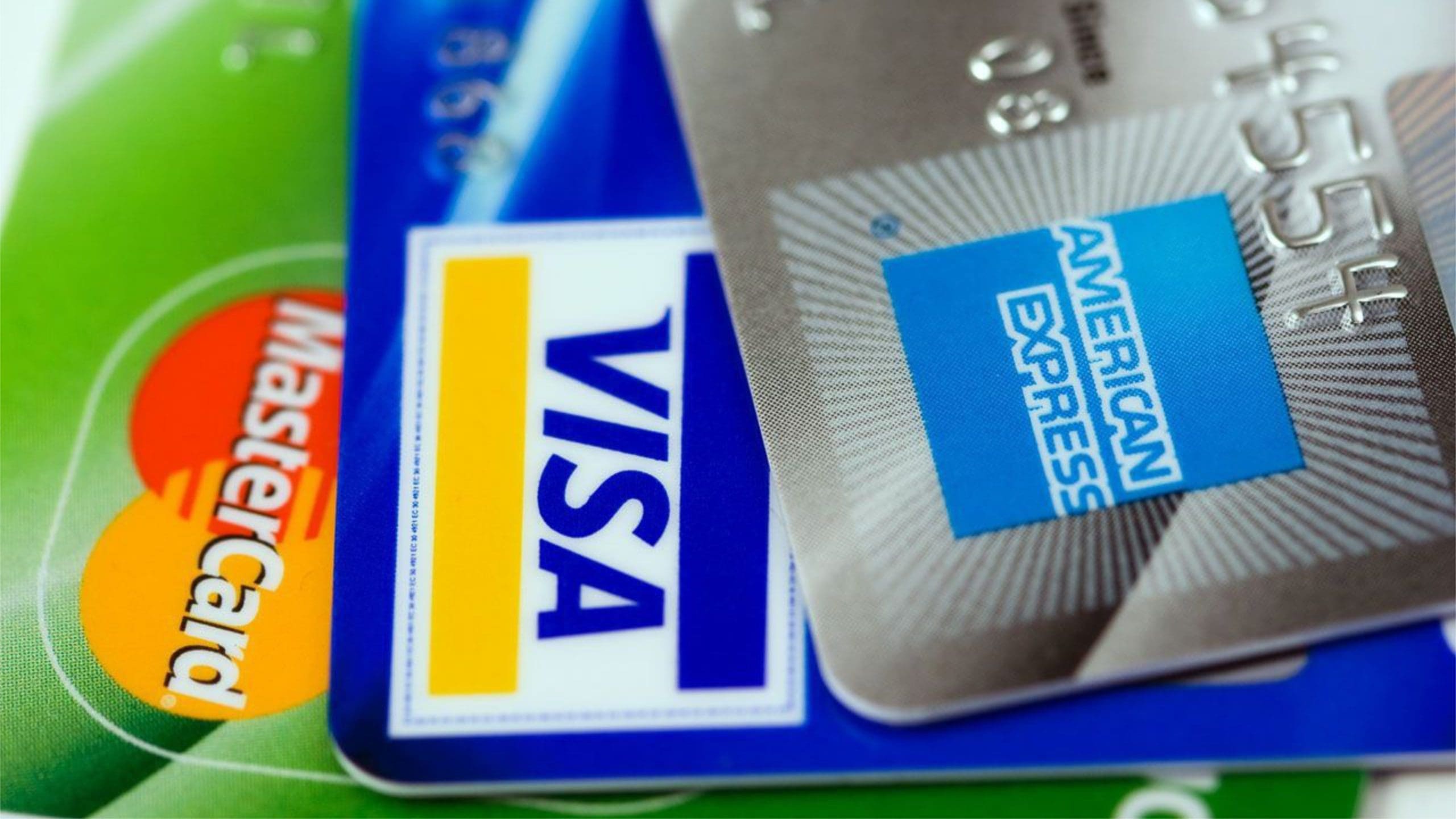With the recent news that Canadian businesses can start charging customers an additional credit card processing fee, numerous questions have risen among small and large businesses alike. One of the most common is “Should my business charge a surcharge?”. Our latest article hopes to inform you of what a surcharge is, why some businesses choose to use it, and whether you should consider adding to your operations.

Should your business charge a fee for credit card processing?
What is a Credit Card Surcharge?
To put it simply, a credit card surcharge is an additional charge that is added on top of a customer’s credit card bill to help cover the cost of processing a credit card. Credit card rates can differ between companies, the type of business, how the transaction is processed, and the type of card being used, therefore a surcharge must reflect this cost.
Does Surcharging Save Money?
There is no simple answer as to whether a surcharge will save your business money. This is something that will greatly depend on your customers and your business. For example, if your business is in an industry that is highly competitive, lower prices are always going to be of benefit. Adding a surcharge can hurt your bottom line and draw customers to competitors who choose not to include the additional fee.
It is also worth considering the appropriate time a surcharge should be included. During times of record inflation, adding a credit card surcharge can make customers less likely to shop at your business, even if everyone is feeling the pinch.
However, the opposite can be true as well. Some industries are commonly associated with surcharging and it will be an expected fee.
What Are The Alternatives?
If you choose not to add a surcharge to your credit card processing, there are, thankfully, alternatives to help your business make up for the additional fees.
For example, some merchants offer special cash discounts that give the customer a discount price if they choose to purchase their goods with anything other than a credit card. Other businesses set a minimum purchase price before a credit card can be used.
Additionally, you should always keep an eye on your merchant services rates to guarantee that you are always paying a fair price while avoiding rate creep. By completing monthly audits of your merchant service statements, you can easily identify billing errors and see where you can afford to cut costs. If you are ever unsure of where to start or how to do this yourself, you can always hire a professional to complete these audits for you.
Conclusion
Surcharging is, simply put, passing along business expenses onto the customer. Yes, it can save you money, but it can be a weak strategy in the long run. Choosing to implement it will be up to the business, and sometimes margins can be so razor thin (especially for smaller businesses)












